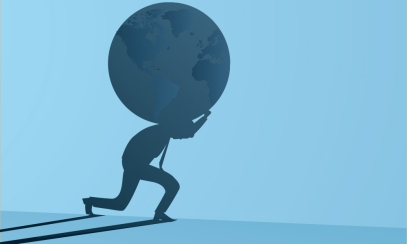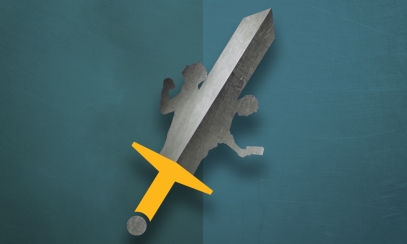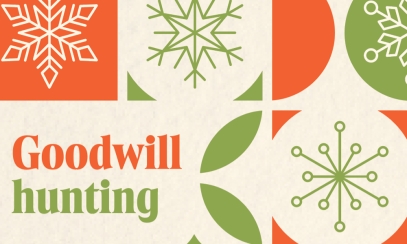Does human life belong to us or God?
Great flood of killing has inundated the world in which we precariously live. Killing human beings is as easily justified as eating between meals. Pope John Paul II points out that we live in a culture of death – “we” including people all over the world, not just Americans. War, abortion, euthanasia, terrorism and suicidal fanaticism wash over our world in death-dealing storms.
As in other forms of evil and sin, we need to look into our hearts and souls to discern what causes these things. Jesus makes it clear that “ … from the heart come evil thoughts, murder, adultery, unchastity, theft, false witness, blasphemy.” (Matt 15:19) The questions we must face in dealing with killing require deep and thoughtful answers. We dare not any longer settle for simple slogans.
And the controlling issues? Well, they are many. They deal with revenge, justice, self protection, control over others, our human egotism and political power. Powerful voices are raised in positions found on both sides of these issues, arguing with great persuasion. Moral theologians are presently debating the requirements for a “just war” along with a new category, namely “humanitarian war.” The debates are open and vigorous.
Among those voices, there is one who has consistently, courageously and forthrightly spoken – Pope John Paul II. Taking the phrase coined by the late Cardinal Joseph Bernadin of Chicago, “the seamless garment of life,” our Holy Father has written extensively and deeply in defense of human life. He has based his thinking on the divine image, the sacred presence of God, found in each human life, no matter how badly any particular human being may be deformed either by physical sickness or by sin.
In our own thinking about these questions we need to begin by asking two fundamental questions: 1) Does human life belong to God or to us?, and 2) Do we believe that restoration is possible as long as a person remains in life?
If one claims that human life does not belong to God, or that it doesn’t really matter, then all discussion and analysis stops. If one believes that restoration is not possible, then one is checkmating God. Once these questions are passed, however, we can then proceed into further discussion about Catholic teachings dealing with preserving, protecting and defending life, both with respect to the innocent as well as to those who have been found guilty.
Each one of you in your faith has a voice to be heard in the total vox populi. You have a vital and life-giving role to play in the formation of our public policies dealing with these human life and death issues. No one of us can afford to let others decide these matters for us.



